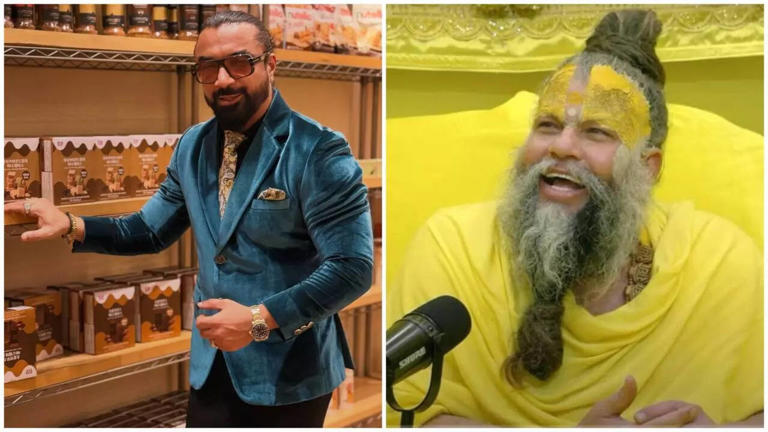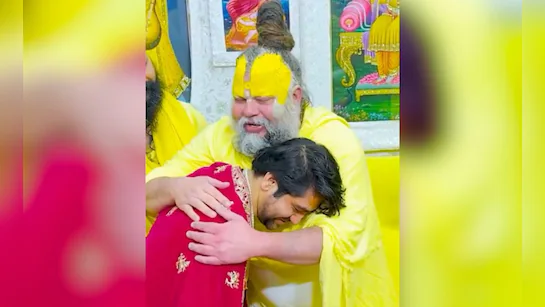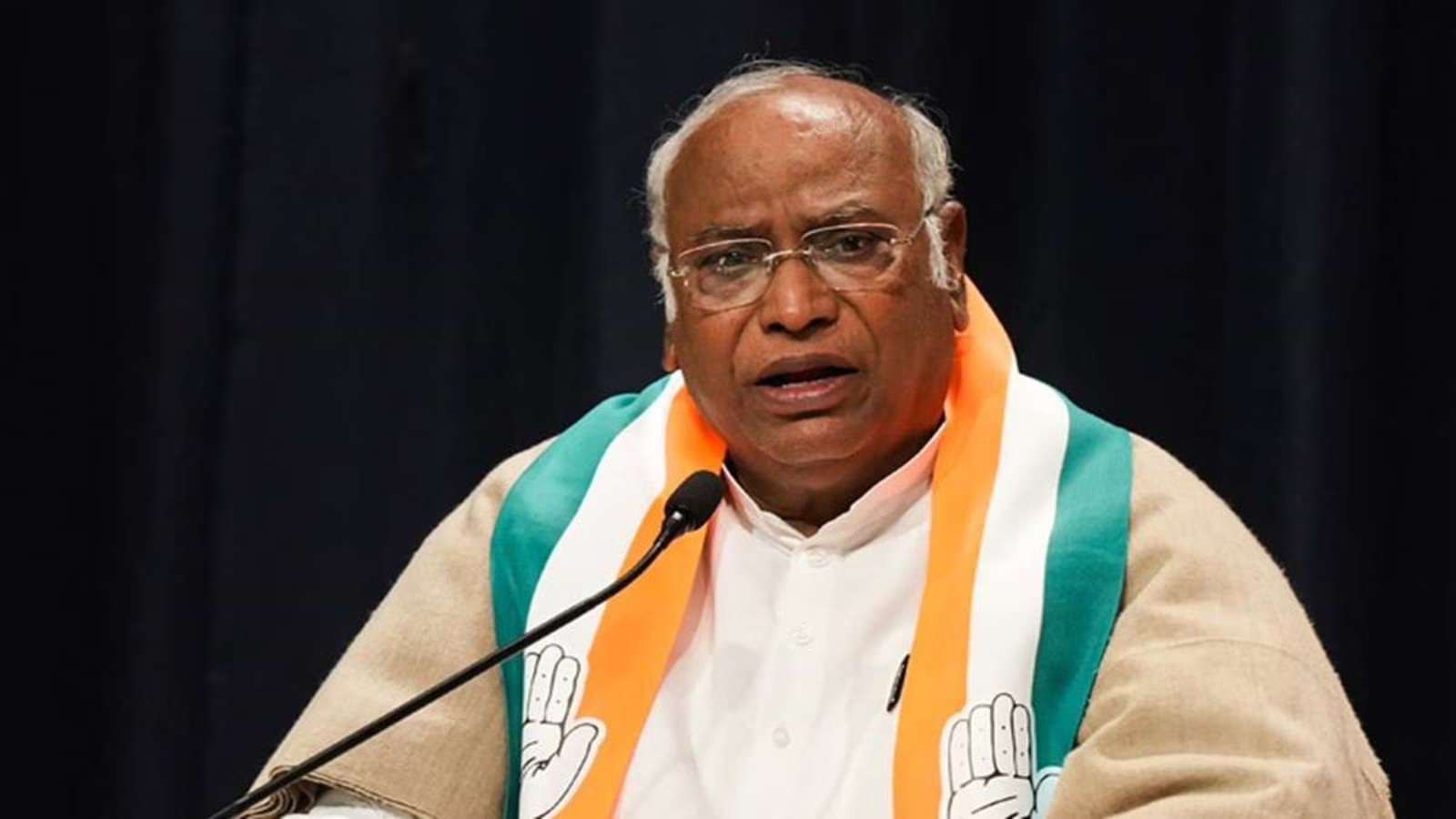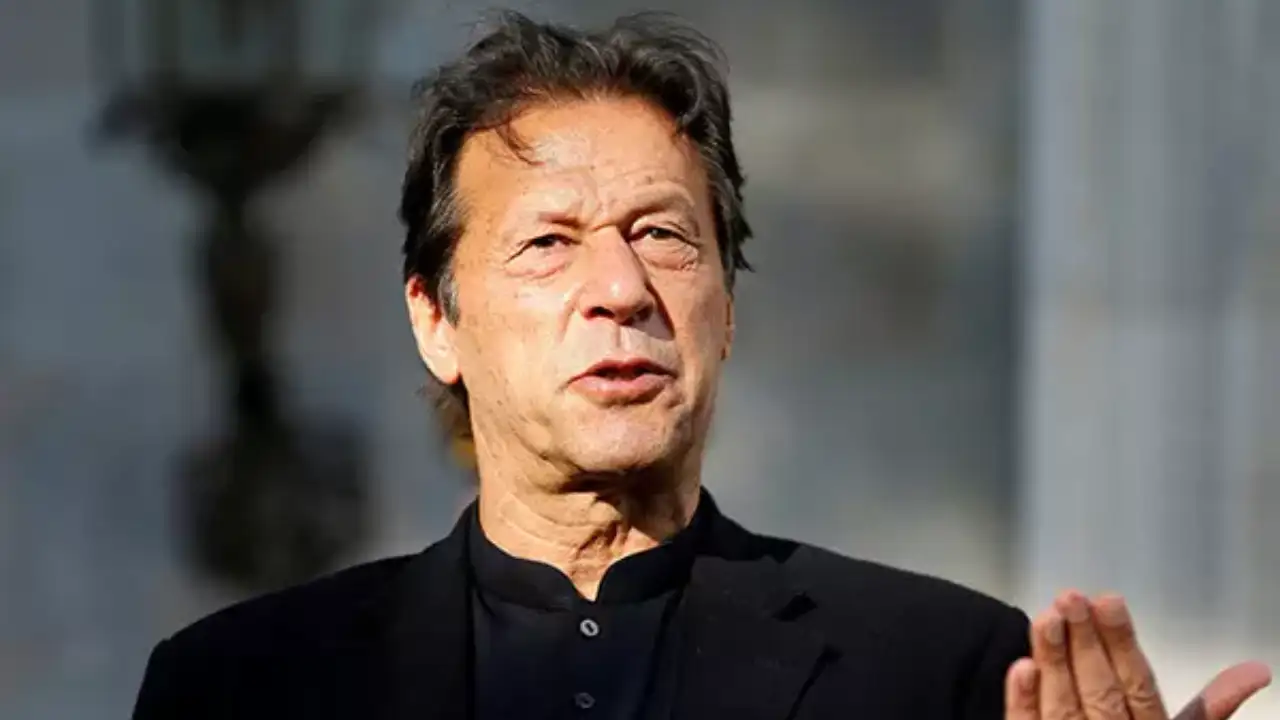Now Reading: Children Mock Ireland‑Born Doctor with “Broken Indian Accent,” Impersonate Apu from The Simpsons
-
01
Children Mock Ireland‑Born Doctor with “Broken Indian Accent,” Impersonate Apu from The Simpsons
Children Mock Ireland‑Born Doctor with “Broken Indian Accent,” Impersonate Apu from The Simpsons

A group of children reportedly hurled racist remarks at Dr. Taimoor Salman—an Ireland-born doctor of Pakistani descent—outside a shopping centre in Navan, Co. Meath. They imitated an exaggerated Indian accent and mimicked the cartoon character Apu from The Simpsons. The incident has sparked international debate over racial profiling, even among young kids.
Introduction
Dr. Salman, a medical registrar in Ireland, says he was baffled and hurt when children as young as ten taunted him with phrases like “Mr. Curry Man” and mocked him in a stereotyped ‘Indian accent’. The incident, which occurred while he was leaving a shopping centre after work, shines a light on subtle forms of racism being echoed by the very young—and raises questions about what children are learning in diverse societies.
What Happened and How
The doctor had just exited a grocery store when a boy on a bicycle blocked his path and shouted a slur. When Dr. Salman responded, older children joined in, impersonating Apu—the Indian convenience store owner character from The Simpsons—complete with stereotypical dialogue. They told him to “shut up” as he tried to leave the situation quietly.
Doctor’s Emotional Response
Dr. Salman described feeling stunned and upset. He said he had witnessed racial remarks at the hospital before, but never expected such behaviour from children. He observed a “horrible pack mentality” among them and called the episode insidious, signalling a disturbing shift in attitudes.
A Life Spent in Ireland, Until Now
Born and educated in Ireland, Dr. Salman returned in 2017 with his young family. Though he’d never faced prejudice growing up in Navan, he now feels unsafe after dark and restricts where he walks. He believes racism has become more bold and public
Impersonation of Apu: A Deeper Problem
Apu has long been criticised as a caricature that reinforces stereotypes. Many Indian‑origin people in the West have shared experiences of being likened to that character. When children—who absorb cultural cues swiftly—begin mimicking such stereotypes, it reflects a deeper issue: media tropes influencing real‑world prejudice.
Resonance in Indian Context
While this happened abroad, stories of prejudice from a young age hit home in Tier 2 cities across India. Parents often warn children about personal safety—but teaching empathy and respect across cultures is an equally pressing challenge. It’s important for Indian diaspora families to watch these social signals closely, even in childhood.
What Can Change?
The incident underscores the urgent need for awareness in schools and communities around multicultural respect. Educators and parents must counter stereotypes early. Celebrating diversity and reinforcing that nationality and ethnicity aren’t punchlines could prevent such episodes from normalising.
Conclusion
Dr. Salman’s encounter speaks to how subtle racism can creep into daily life—and how easily children can adopt harmful stereotypes. It’s more than a street insult; it’s a sign that the stereotypes we dismiss decades ago still shape the perceptions of the next generation. And if society fails to correct them early, those impressions may become deeply entrenched.

























